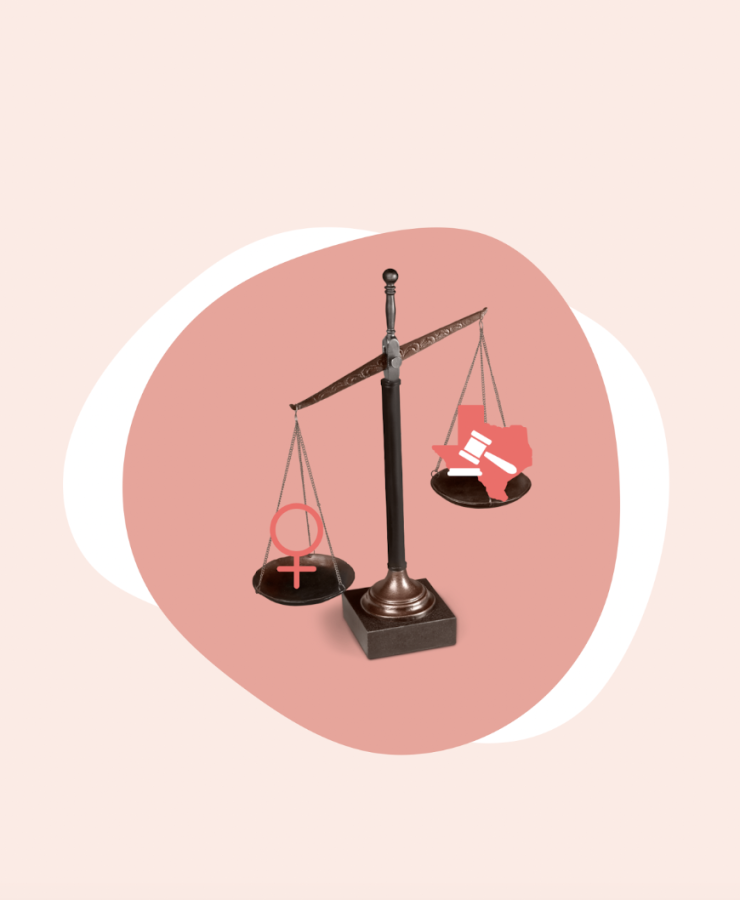During the 1973 Roe v. Wade case, the Supreme Court ruled in favor of women’s right to abortion, declaring that denial of this care would breach the due process clause established by the 14th Amendment. The court’s decision struck down many state laws at the time but also set a precedent for many future cases.
In the current landscape of the United States, abortion has become a hot-button political issue surrounded by controversy rather than one regarding healthcare. Since the initial ruling of Roe v Wade, there have been numerous efforts to overturn the decision. The one-two punches of Planned Parenthood v. Casey partially being successful, and now the conclusion of the 2022 Dobbs v. Jackson Women’s Health Organization has devastated women across the nation.
Immediately after the 2022 ruling, trigger laws in states such as Arkansas, Missouri, South Dakota, and Wisconsin went into effect. As time has passed, states have begun to introduce what seem to be more restrictive laws regarding women’s reproductive rights.
Most recently, a federal judge in Texas ruled that the FDA wrongfully approved the abortion pill Mifepristone, leading him to issue a nationwide suspension on drug use. The hearing resulted from a yearlong legal battle between the Alliance for Hippocratic Medicine, a coalition of anti-abortion groups, against the FDA.
Since its approval in 2000, Mifepristone has been the most commonly used drug for safe abortions. Its presence in clinics has greatly aided in eliminating the need for surgical procedures, with 98% of pregnancies being terminated using the pill in 2020.
Restriction of drug use leaves medical providers and patients in jeopardy. Many women, including senior Amory Brown, hold concerns regarding the tumultuous future for women’s reproductive health. “I think from what I know, it’s more dangerous for this pill to be banned than for it to continue. It’s making the jobs of healthcare workers more difficult and putting the lives of pregnant people on the line,” Brown states.
A member of the senior counsel of the legal advocacy group If/When/How, Farah Diaz-Tello, has numerous concerns regarding the ban on the drug.
Diaz-Tello believes that a significant number of women will look for methods to induce an abortion at home or search for the drug online, which can lead to further complications. “I think we’re going to see an immediate exacerbation of the crisis of access that already started in June of 2022” with the U.S. Supreme Court decision last year in Dobbs v. Jackson Women’s Health Organization, which overturned decades of abortion-rights precedent,” she shared.
Multiple representatives of Congress from both political parties have shown a strong disdain for the effects that passing such legislation would cause. “It’s not up to us to decide as legislators, or even as a court system, whether or not this is the right drug to use or not,” shared Nancy Mace, a Republican representative from South Carolina.
The United States once acted as a paradigm for democracy, a beacon of free choice for all its citizens, but as the political climate continues to expand its polarity, the establishment of democracy sits on a tightrope. The fate of women’s reproductive health lies in the hands of lawmakers that inch closer with each new case to crossing the supposed fine line separating church from state.
The string of reversals affecting abortion policies threatens to unravel the very fabric that seams together the duties of healthcare workers. If the bill were implemented, the results would be a catastrophic mayhem of restrictions followed by uncertainties regarding the tasks they can perform.
Healthcare workers are an integral part of society; their assemblage provides necessary welfare to the growing number of those in need as the number of those working in the field decline. Senior Sarah Chen plans to combat the shortage by joining the medical profession as a PA. The current environment surrounding the autonomy of practitioners concerns her. “As someone who plans to pursue public health and possibly a job in the medical field, America already faces several issues with access to certain medications, so it’s terrifying to think how laws are continuously being passed in this present day to hinder further a person’s right to access the necessary tools to stay healthy” she states.
Around 20 minutes after the decision from Texas, a federal judge in Washington issued an injunction requiring the FDA to allow the drug in 17 liberal states. But the Biden administration is in limbo as it cannot carry out the order of both federal judges.
The Texas judge’s order is on pause as the Biden administration appeals to the Fifth circuit court. All eyes are on D.C. as this case is to the Supreme Court.Declining accessibility for abortion care seems to point to a bleak future not only for women’s reproductive health but also for the power dynamic between the courts and its constituents. “By banning Mifepristone, the lives that are supposedly being “protected” come at a cost – the cost of the mother’s life if she doesn’t want the child. Abortion is a very extensive and thorough procedure, so hindering access to safe abortions does not prioritize the health of anyone,” Chen concludes.















